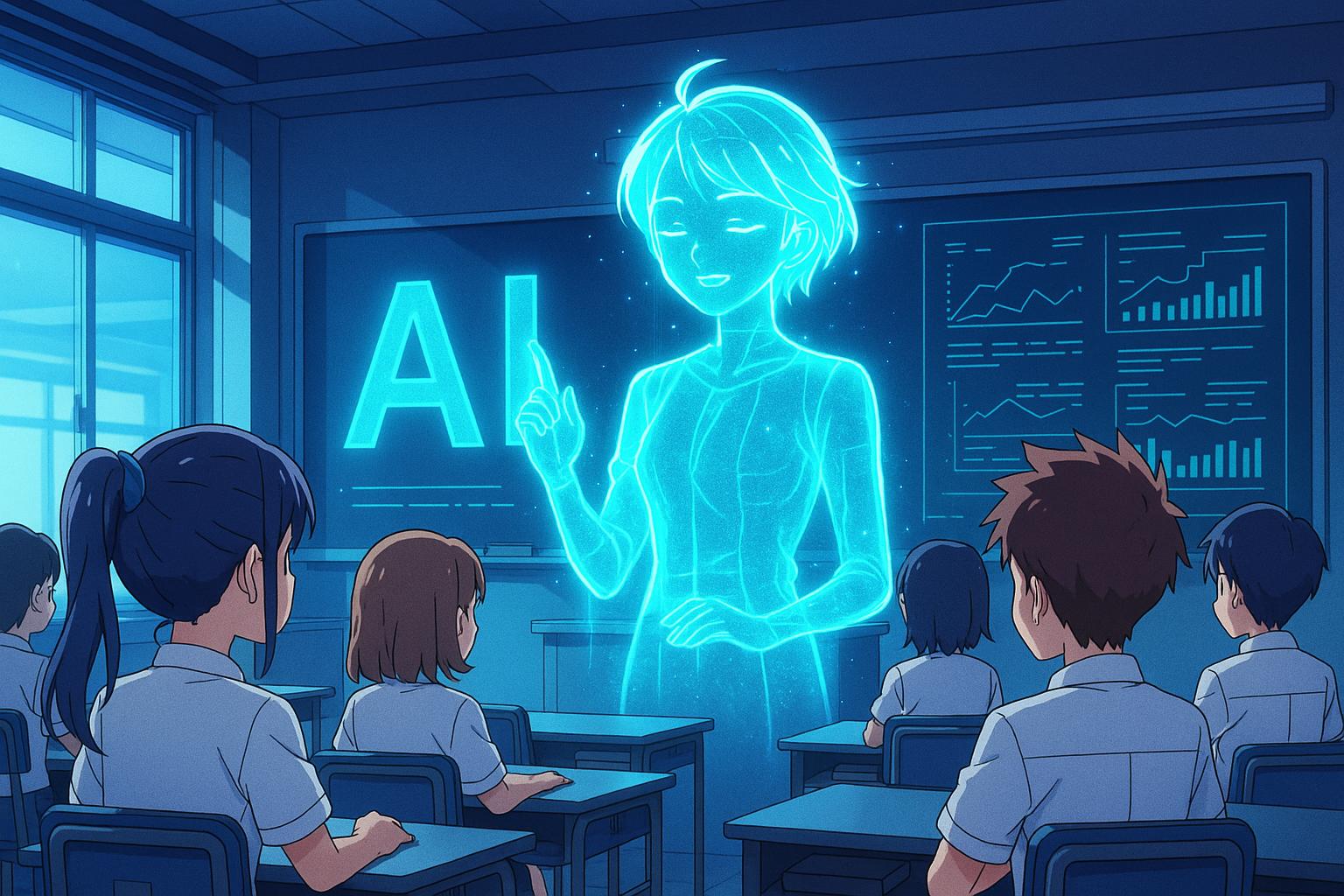The landscape of education is undergoing a seismic shift, with predictions that artificial intelligence (AI) could reshape how children learn over the next decade. Geoffrey Hinton, a distinguished figure often referred to as the "godfather of AI," has expressed bold forecasts about the role of AI-powered tutors in future education. He suggests that these technological advancements could allow students to learn at rates over twice as fast as traditional human educators, fundamentally changing educational paradigms.
Hinton's optimism is bolstered by the capabilities of AI to provide tailored and adaptive learning experiences. He highlights that AI tutors have the potential to analyse vast amounts of data from millions of students, enabling them to pinpoint individual learning gaps and deliver customised feedback. This could lead to a scenario where AI tutors outperform human ones by three to four times in terms of effectiveness, especially in technical subjects, thereby challenging the very relevance of conventional universities.
Moreover, initiatives integrating AI into educational environments are already underway. In countries like China, advanced platforms like Squirrel AI have been working to bridge educational disparities by providing quality education tailored to each student's unique needs. Such systems offer high-quality, personalised learning experiences, aiming to reach students in under-resourced areas. The transformative potential of AI in education is not just speculative; it’s evidenced by studies indicating that students using AI tutors have achieved significantly better learning outcomes. A recent study from Harvard revealed that students taught through AI systems learned twice as much as their peers in traditional lecture settings, suggesting a marked advancement in teaching efficacy.
Despite the optimism surrounding AI's role in education, Hinton has also raised crucial concerns over the potential ramifications of this technology. He cautions that as AI continues to evolve, there exists a risk of creating "alien beings" – entities that may operate beyond human comprehension and could pose threats to society. Balancing these developments, Hinton also sees AI enhancing fields such as healthcare, where it could assist in diagnosing diseases and supporting medical education.
The interest in integrating AI into educational methods is not solely academic. Governments are allocating substantial funds to support AI education schemes. With the promise of significantly reducing teachers' workloads in terms of lesson planning, grading, and providing feedback, AI technology presents an attractive option for education systems grappling with increasing demands and limitations.
As these developments unfold, the dialogue regarding the ethical, practical, and societal implications of AI in education will become increasingly imperative. Only time will reveal whether AI can indeed surpass human instructors in educational efficacy, or if it will coexist with traditional teaching methods to provide a more holistic learning environment for the next generation.
##Reference Map:
- Paragraph 1 – [1], [2]
- Paragraph 2 – [2], [3], [4]
- Paragraph 3 – [5], [6]
- Paragraph 4 – [1], [5]
- Paragraph 5 – [1], [2]
- Paragraph 6 – [3], [4], [5]
Source: Noah Wire Services
